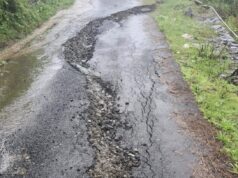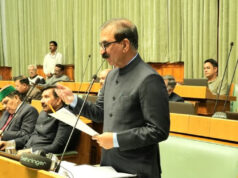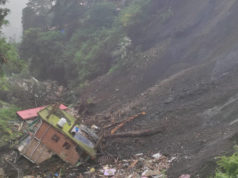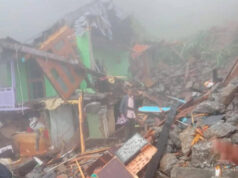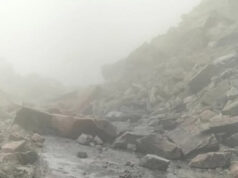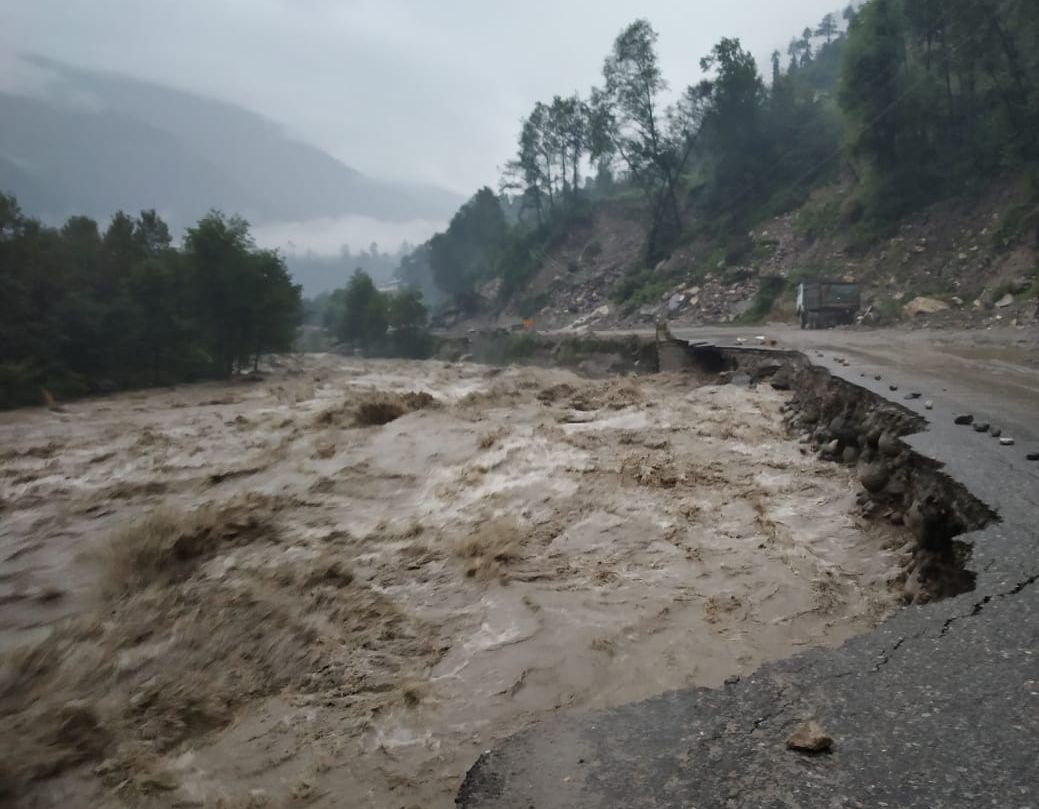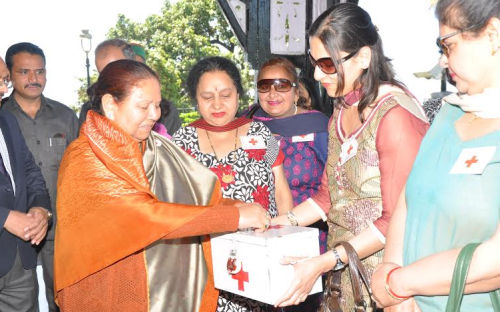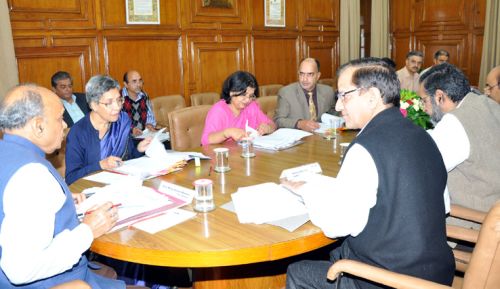Kullu — The Kullu-Manali National Highway (NH-3) is poised for a significant upgrade as the central government initiates a comprehensive redevelopment plan to address long-standing landslides and flooding along the route. This decision comes in the wake of yet another monsoon season that has caused extensive damage to the highway, with landslides at various points blocking vehicular movement and creating hazardous conditions for travellers.
The highway, which is a critical artery for tourism and local transport, has been particularly vulnerable to the monsoon rains. This year alone, heavy rainfall has led to massive landslides, further exacerbating the damage caused by last year’s monsoon, which wreaked havoc on the road. In some areas, entire sections of the highway were completely wiped out, underscoring the urgent need for a permanent solution.
Officials have confirmed that a Detailed Project Report (DPR) for the highway’s reconstruction will be prepared within the next two months. A dedicated team from the company responsible for the DPR is already stationed in Kullu, with an office set up in Bajaura to oversee the operations. The company will incorporate suggestions from a recent survey conducted by IIT Roorkee and IIT Mandi, which identified key vulnerabilities along the highway.
Key aspects of the project include the construction of flyovers at five dangerous spots between Pandoh and Manali, as well as the installation of RCC (Reinforced Cement Concrete) walls along the banks of the Beas River to prevent land erosion. These measures are expected to provide a permanent solution to the recurring issues of landslides and flooding that have plagued the highway, especially during the monsoon season.
NHAI Resident Engineer Ashok Chauhan emphasized the significance of the project, stating that the reconstruction will offer a permanent resolution to the challenges faced by commuters and tourists alike. “The central government is committed to ensuring the safety and reliability of this crucial highway,” Chauhan said.
The redevelopment project will focus on several sensitive areas, including Alugound, Raisan, Bindu Dhank, 14 Mile, and 18 Mile near Patlikuhal, which have been identified as high-risk zones. The DPR will be guided by the findings of the IIT report, ensuring that the solutions proposed are both effective and sustainable.
This initiative marks a critical step toward enhancing the safety and efficiency of the Kullu-Manali highway, which serves as a lifeline for the region’s economy, heavily reliant on tourism and agriculture. The proposed upgrades are expected to not only mitigate the risks posed by natural disasters but also improve the overall travel experience for the thousands of visitors who flock to this scenic route each year.


